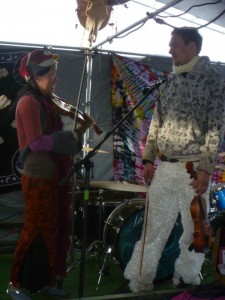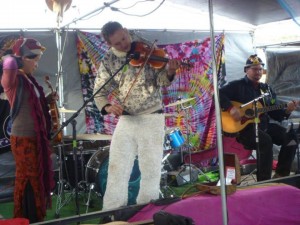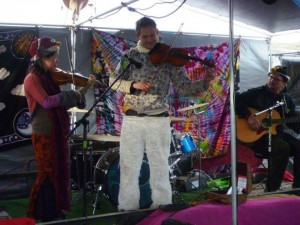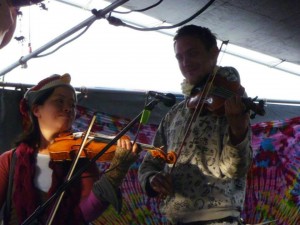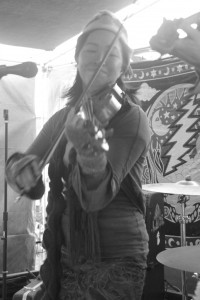"When you touch one thing with awareness, you touch everything." - Thich Nhat Hanh
Since moving to the coastside community of Half Moon Bay three years ago, I've become more and more inspired by farmers. Specifically, local organic farmers and the ecosystems they steward. I am not sure how this evolution happened, but somewhere along the way, in the age of industrial farming and processed foods, in the trance of busyness that convinced me to prioritize my "job" over taking the time to feed myself well, I woke up to the way farmers are actually key players in the health care ecosystem.
For me, the past few weeks have included the following. On the first Saturday of May, my acoustic rock duo provided the live music for our local farmers' market. Our evolution from being loyal customers to becoming more active participants in the ecosystem providing this precious resource for our community has been a dream come true for the kind of musicians we desire to be. We play for tips, lettuce, strawberries, olive oil, bread, chocolate, a bit of cash, and a big dose of the love that comes from knowing we are feeding the community with our art and joy.
Two weeks ago, I became a member of my first CSA (Community Supported Agriculture). This means I signed up to get a box of locally grown, organic produce delivered to my door by a farm collective every two weeks. In each box is a note from Farmer Paul, with a poetic missive on his observations in the field, followed by some bullet points on "how to be a great and green member of the farm family". These two lines really hit home for me:
"Remember, you are not a customer; you are a shareholder in our farm.
Paying your bill is not enough. Owning a share means doing your share."
The "aha" for me was that I do have a responsibility. I was not just "buying" a box of food delivered to my door each week. I am now responsible for holding a piece of the thread. I am now a weaver of our local ecosystem. I am adding my voice to the chorus saying "Yes!" to locally grown organic produce, picked by hand, delivered by hand, and gifted to us all by the land. Do you feel that? We are gifted our food from the land. The land is not a factory. It is a generous donor and partner. And what we give to the land it gives back to us in multiples.
Several days later, I attended a lecture by Daphne Miller, MD, a family physician and author of the book, Farmacology: What Innovative Family Farming Can Teach Us About Health and Healing. Her curiosity about the relationship between her patients' health and the health of our soil led her on a global odyssey to visit small family-owned farms, as well as agricultural scientists and ecologists studying organic farming practices. The one-sentence summary of her talk was, "We are the soil." What we put into the earth, we put into ourselves. And what we put into ourselves, we also put back into the earth.
All of this has gotten me thinking more about both how we feed our world, and how we are fed by our world.
The thought seeds that take root in our consciousness create feelings which course through the cells of our body as chemical signals and are digested in each cell, creating our experience of life.
Imagine the gut - our digestive system - as the place where our feelings about the world are taken in, broken down and digested into the elements that fuel our entire being system of Soul+Body+Mind, driving our decisions and actions in the world.
Each of us is a mini ecosystem living within a sphere of progressively larger ecosystems - our bodies, our relationships, our homes, our families, our communities, our nations, our planet, and our cosmos. Mindfulness of food - what we put into our mouths - equals mindfulness of what we take in from our experience of life and what we perceive through our consciousness.
When we touch the essence of "WE ARE THE SOIL", we see that what we feed our consciousness we also feed to our world.
What are some things you can do now, in your world, to live more from this awareness?
- walk outside and breathe fresh air...imagine and feel the air feeding every cell of your body
- notice the products you choose that wash down the drain -- this eventually becomes part of our soil
- plant a garden
- walk barefoot in or touch actual soil or living earth
- vote with your dollars and support a local organic farmer in your area
- receive the sounds in your environment and notice how they are feeding you
- clean up your thinking...junk thoughts equals junk food
- love what you feel and trust your gut
Your mind may react to this list as being too simple to have an impact. But I believe we can each find our own way of remembering the ecosystems we are already part of. And when we remember, we touch everything in our world in a new way.
We can reclaim our position as owners again...not just customers, but holders of our own share in this web of life.

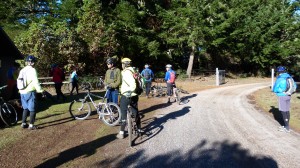
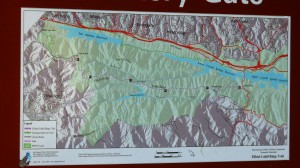
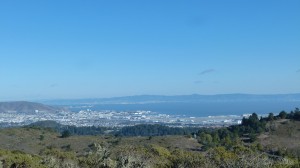
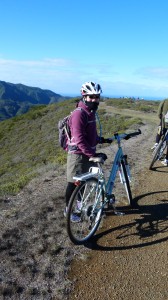
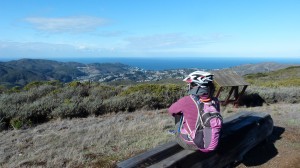
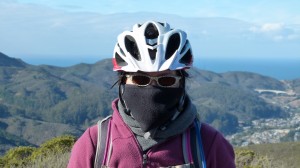
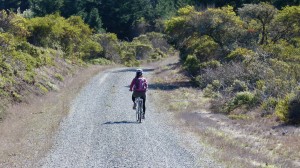
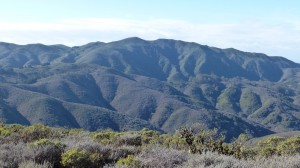

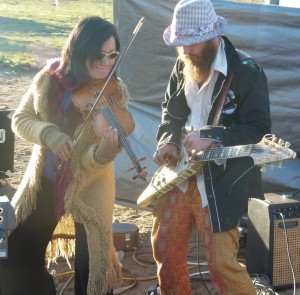 THIS was not a photo on my vision board. I was perfectly content to be performing, showing what I was able to do comfortably, easily, and predictably. I thought I was getting "good" at playing freely, improvising, and creating in the moment. The sound of
THIS was not a photo on my vision board. I was perfectly content to be performing, showing what I was able to do comfortably, easily, and predictably. I thought I was getting "good" at playing freely, improvising, and creating in the moment. The sound of 